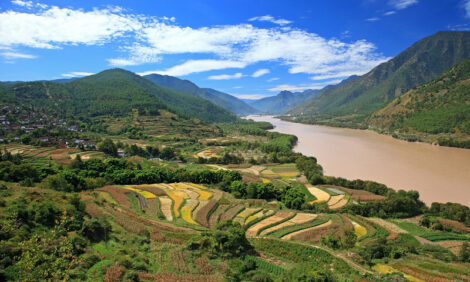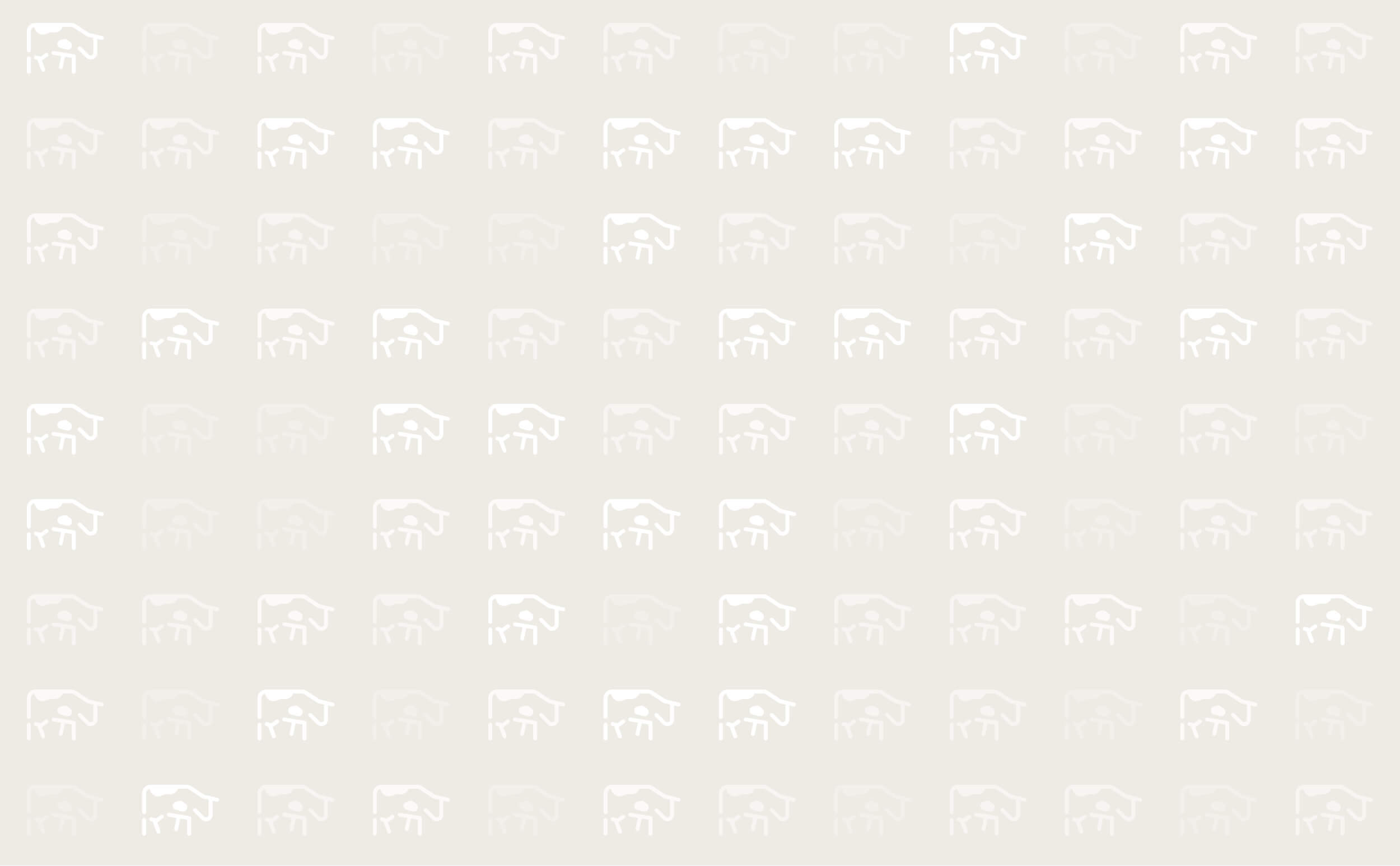



NFU - World's Food Supply Balance on a Knife Edge
UK - National Farmers' Union (NFU) president Peter Kendall has warned that the world's food supply is balanced on a knife edge between sufficiency and shortage.According to the latest "Crop Prospects" report from the UN Food and Agriculture Organisation, the 2007 world harvest produced a record 2.1 billion tonnes of cereals. Yet despite that, wheat stocks have fallen again, to just 65 days' supply, the lowest level since 1983.
If you couple that with the impact of climate change on harvests around the world, and a remorseless increase in demand, you have a situation in which supplies are less secure, and market prices more volatile, than probably ever before.
In his New Year's message Peter Kendall said that "No country can afford to neglect the productivity of its own farming sector against that daunting background; least of all a country like the UK, which has allowed its self-sufficiency in indigenous foods to fall by 15 per cent in the last ten years.
"This is not a plea for Government intervention in the market. Britain's farmers and growers are more than capable of rising to the challenge of increasing their productivity, given fair markets and proportionate regulation. But after the crises of 2007, and in the wake of years of falling incomes, confidence is low, particularly in the livestock sectors, where higher grain prices have not yet been reflected in higher output prices.
"What we need is a sea-change in the Government's approach to farming to match the sea-change that has occurred in the industry's importance to the economy. A clear, unequivocal acknowledgement of the value of productive farming from either Hilary Benn or Gordon Brown would be enormously helpful in indicating that this is at least understood. But beyond that, the acid test will be measured in actions, not words. It will revolve around whether Government takes the opportunity to enable and empower rather than encumber and encroach."
Nowhere is this notion more apparent than in the industry's science base. During the years of apparent plenty, production-related research has suffered serious neglect.
"Consider the bluetongue threat," he continues. "Without the vaccine that the scientists have developed to combat the disease, and which should be deployed in early summer, the UK livestock industry would be decimated.
"In the environmental context, the option of taking large areas of land out of production to provide greater biodiversity is fast disappearing. The challenge now is to step up production and provide a rich and diverse countryside. Farmers can do it, but only if, as a society, we return to regarding science as our ally, not our enemy, and invest our resources accordingly.
"Although 2007 will be remembered for its crises, it was also a year in which the underlying situation of farming changed decisively for the better. So far, only parts of the industry have felt the benefit of that. The livestock sectors - beef, lamb, poultry and pigs - are still very much out in the cold. That will change. Market forces will see to that, as sure as night follows day. The big question is whether it changes as a result of the planned redistribution of value within the livestock supply chains to leave the producer with a sustainable return, or whether it is on the back of shortage and the loss of a large part of the critical mass of our livestock industry, as a boom, bust cycle develops.
"The experience with milk during 2007 showed how dramatically an entire sector can be transformed through just a modest amount of forward thinking, to the net benefit of all concerned. That needs to be both the lesson and the template for all the livestock sectors in 2008.
"I will venture one other prediction for 2008: that climate change remains at the top of the international political agenda. It is also a key issue for farming, not just in coping with the meteorological fall-out, in terms of storms, droughts and floods, but in making the maximum contribution of which we are capable to the reduction of greenhouse gas emissions and the development of renewable, low carbon alternatives to fossil fuels. We have the clearest possible aim in this context, which is to make farming part of the solution to climate change, not part of the problem.
"And if there is one thing that everyone can do to reduce their carbon footprint, it is to make a point of buying local food - and I include British food in that - whenever possible. This is one area where the Government can and should be giving a much stronger lead. The performance of the public sector has so far been dismal, with only 56 per cent of the food served in Whitehall departments being British, according to the official figures. We shall be looking for a dramatic improvement over the year ahead.
"I am looking forward to 2008. There will be challenges for sure, and there is much work to be done to turn around the fortunes of livestock farming and resist a whole raft of regulatory threats. But the farming world is moving on rapidly, it is moving in the right direction and I am determined that the NFU, in its centenary year, will play its full part in turning opportunity into success, for the benefit of everyone."
TheCattleSite News Desk


